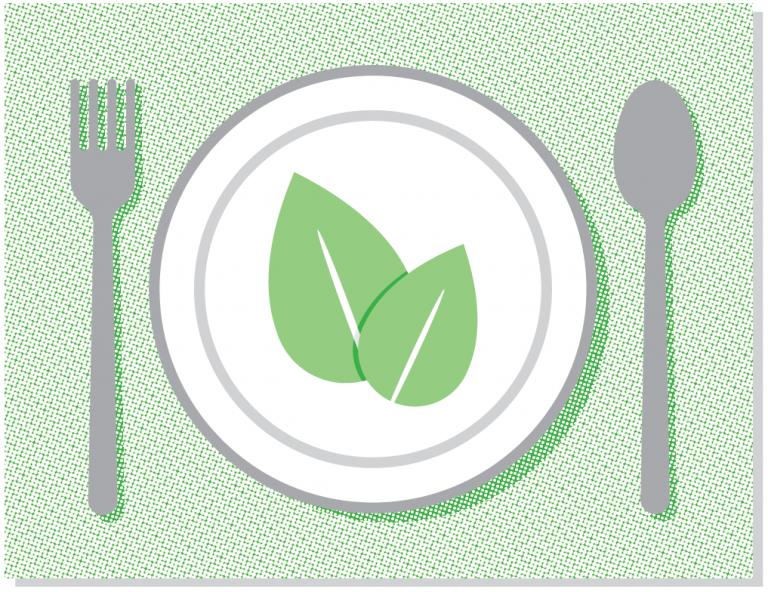
New Year’s resolutions abound today, and inevitably, many of them will have something to do with how we eat. It’s not uncommon to rethink your eating habits at the New Year – but be sure to consider the health of your smile when you’re making those resolutions.
Low Fat Low-fat diets can interfere with your body’s ability to absorb fat-soluble vitamins, such as A, D, E and K. Vitamin D is especially important – it helps your body absorb calcium. If you can’t properly absorb calcium, your teeth and bones may weaken. Plus, many low-fat dairy foods contain more sugar than their whole-fat counterparts.
Additionally, fat helps your brain produce dopamine, a chemical that improves your mood. Diets low in omega-3 fatty acids can cause stress and anxiety. Stress can lead to tooth grinding.
Low Carb
If you’ve been adhering to a low-carb diet, you may notice that your breath is a bit on the stinky side. There’s a reason for that. As your body starts to burn fat instead of carbohydrates for fuel, it releases chemicals called ketones. High ketone levels often cause bad bread, known as halitosis.
Fortunately, mouthwash may mask it. Drinking more water, chewing on fresh parsley or sugarless gum and sucking on sugarless mints may also help. Otherwise, there’s little you can do to combat ketone-related bad breath. A less extreme low-carb diet, one that doesn’t kick your body into ketosis, is a better bet for your health and your breath.
Low Calorie
Many people turn to calorie-cutting to lose weight. While this can be quite effective, dieters need to be careful they don’t cut too many calories. Reducing the amount of food eaten can impact the amount of vitamins and minerals your body receives.
Besides bein all-around unhealthy, malnutrition can weaken your jawbone and other obnes, soften your enamel and harm your gums. The crunch when you chew fresh vegetables – a good low-calorie food – can help maintain the strength of your teeth and jaw.
Whatever your preferred method, it’s important to make sure you partner with your physician to maintain your overall health. Mentioning a diet change to your dentist is also a good idea. They’ll be able to help you address some of the associated oral health issues.





